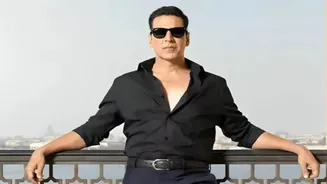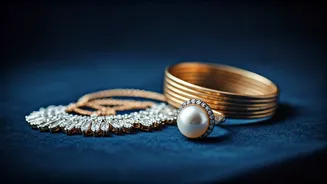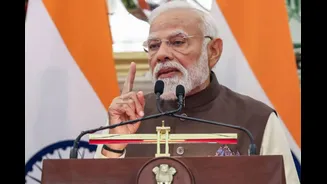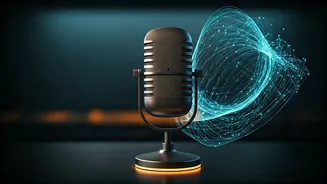The Bombay High Court on Wednesday indicated that it would issue an ad-interim order in favour of actor Akshay Kumar, shielding him from the unauthorised use of his image and likeness through deepfake
videos and AI-generated content. The court noted that such misuse “not only hurts his stature but has huge consequences,” highlighting the growing concern over digital impersonation in the entertainment industry.
The case was heard by Justice Arif Doctor, who was presiding over a civil suit filed by the actor, legally known as Akshay Hari Om Bhatia, seeking to restrain individuals and entities from commercially exploiting his persona without consent.
Appearing on behalf of the actor, Senior Advocate Birendra Saraf emphasised that the issue extends beyond Kumar’s personal grievance. “These acts cause grave and irreparable harm to the plaintiff’s goodwill and reputation, dilute his personality and publicity rights, mislead the public, and amount to passing off, unfair competition, and unjust enrichment,” the plea stated.
Kumar’s petition outlines a series of incidents involving the misuse of his name, screen name ‘Akshay Kumar,’ image, voice, and mannerisms through fake videos, deceptive advertisements, and counterfeit merchandise. Such materials have surfaced across major social media and digital platforms, including YouTube, Instagram, Facebook, X (formerly Twitter), and multiple e-commerce websites.
The plea also cites a fake film trailer released online in March 2025 featuring AI-generated visuals of the actor, compelling him to publicly deny any connection with the project. Another video falsely portrayed him as Uttar Pradesh Chief Minister Yogi Adityanath, while a separate clip misrepresented his comments about Rishi Valmiki.
Saraf warned that such fabricated videos could trigger “instant reactions” before the truth emerges. He further drew attention to a gambling platform and a website named Akshaykumar.ai, which allowed users to generate audio mimicking the actor’s voice. “We are not seeking closure of the website, but we are seeking protection of the actor’s attributes,” Saraf clarified.
The counsel also pointed out that counterfeit products and fake social media accounts in the actor’s name continued to circulate online. Kumar’s suit follows a growing trend among Indian celebrities turning to the courts to safeguard their personality rights.
In recent months, the Bombay High Court has extended similar protection to public figures such as Amitabh Bachchan, Aishwarya Rai Bachchan, Abhishek Bachchan, Karan Johar, Rishab Shetty, and Akkineni Nagarjuna. Earlier this month, the court also restrained entities from misusing veteran singer Asha Bhosle’s name and likeness, including through AI-generated replications of her voice.
Personality rights legally empower individuals to control the commercial and public use of their identity. They protect attributes uniquely tied to a person such as their name, image, voice, signature, and likeness from unauthorised use.
These rights are typically divided into two categories: the Right to Publicity, which prevents commercial exploitation without consent, and the Right to Privacy, which shields individuals from intrusions into personal dignity, including deepfakes, morphed visuals, and fake endorsements.














